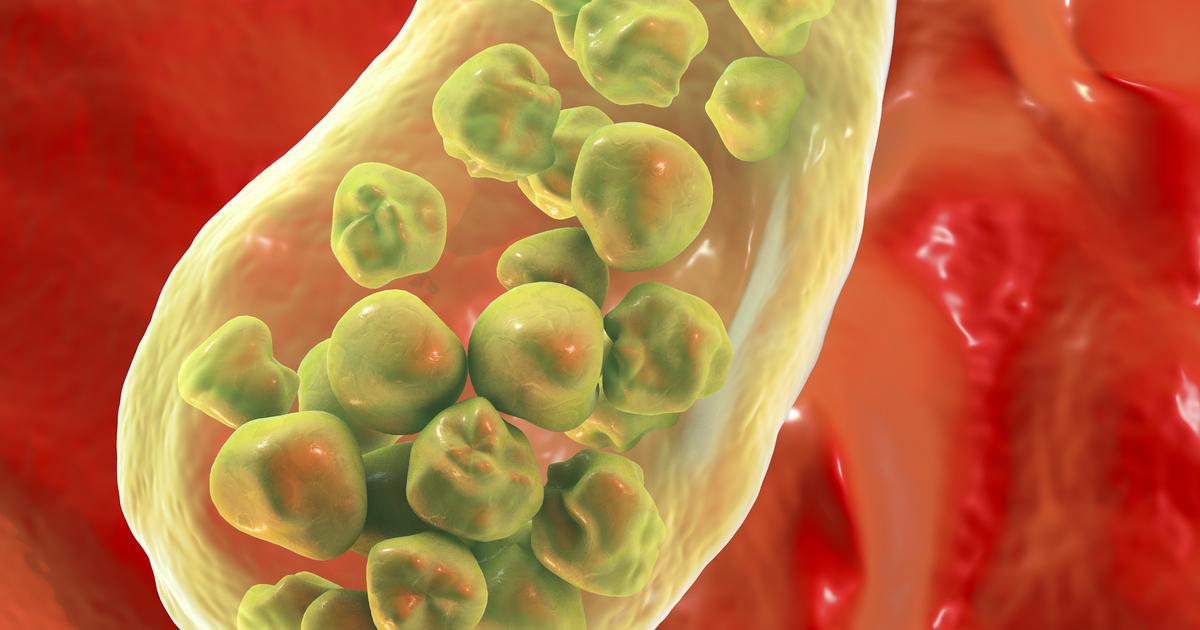What Causes A Bowel Obstruction?
Colon Cancer

In adults, colon cancer is one of the most common causes of a bowel obstruction. This type of cancer is most frequently diagnosed in patients who are fifty years old or older, and individuals who have Crohn's disease are at an increased risk of this condition. In the early stages of colon cancer, patients often have no symptoms. Potential symptoms of colon cancer include rectal bleeding, blood in the stool, and persistent flatulence, abdominal cramps, and abdominal pain. Patients could notice persistent changes in their bowel habits as well. For example, some individuals with colon cancer have frequent diarrhea or constipation. To prevent colon cancer, patients who are fifty years old or older are advised to have a colonoscopy once every ten years. Several non-invasive screening methods are also available for individuals with a low risk of this condition. If cancer is detected, it may be treatable with surgery. Patients may also receive chemotherapy, radiation, or immunotherapy.
Read more about the potential causes associated with a bowel obstruction now.
Gallstones

Gallstones are hard deposits that form in the gallbladder. The deposits are usually composed of undigested cholesterol. While some patients may experience no symptoms from their gallstones, other patients could experience intense pain in the center or upper right quadrant of the abdomen, and pain may also develop in the right shoulder or between the shoulder blades. Gallstones are more likely to develop in individuals who are forty years old and older, and they are more common in women. Eating a diet high in fat or cholesterol could increase the risk of gallstones, and patients who are overweight or obese are at an elevated risk as well. To diagnose gallstones, doctors usually start with an abdominal ultrasound, and an endoscopic ultrasound might be performed as well. Some patients may need to have an endoscopic retrograde cholangiopancreatography procedure. Treatment is generally recommended for symptomatic patients, and surgery to remove the gallbladder is the most common treatment. If patients cannot have surgery, they may be offered medications to dissolve the gallstones.
